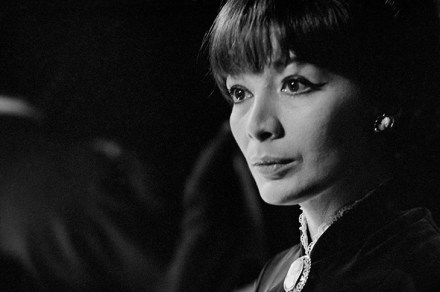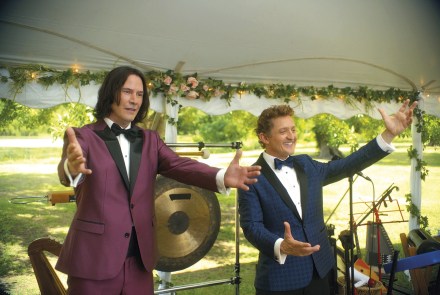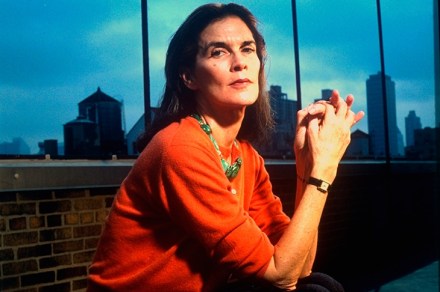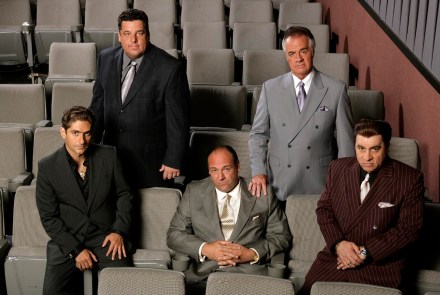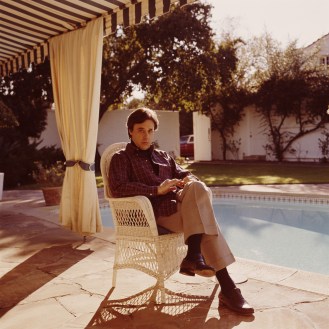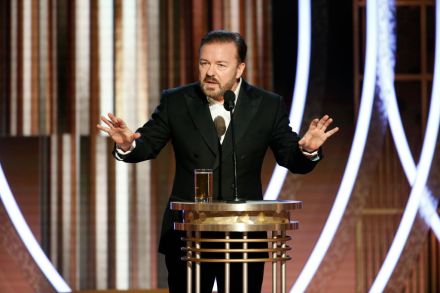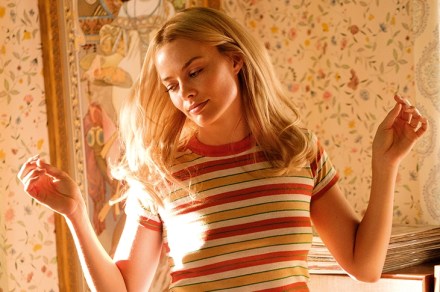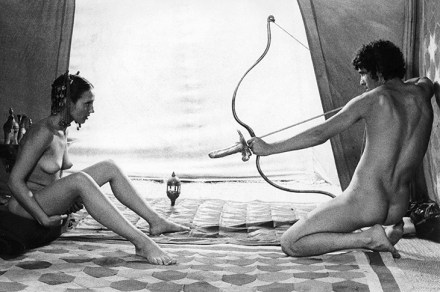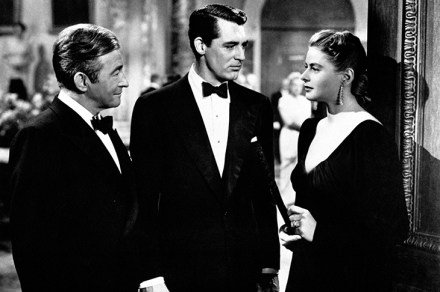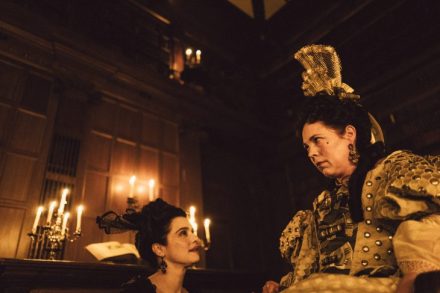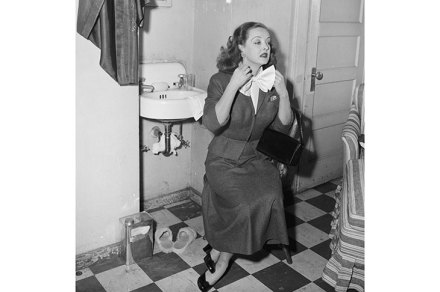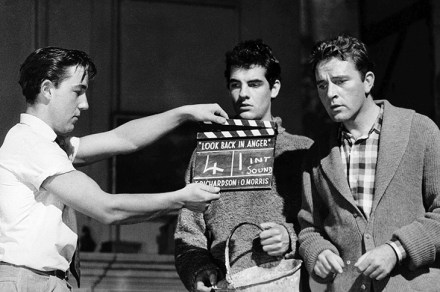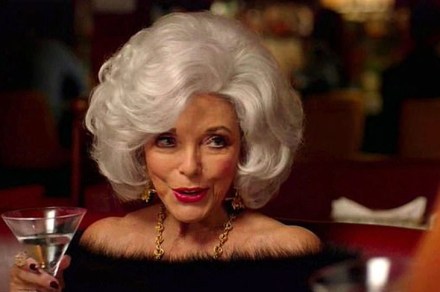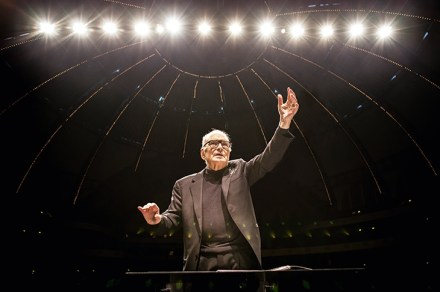My nights of passion with Juliette Gréco
Gstaad Juliette Gréco’s recent death in her nineties brought back some melodramatic memories. In 1957 Gréco was one of France’s premier chanteuses of torch songs, a very sexy young woman dressed in black with auburn hair and very white skin who sang of doomed love and romantic longing. Darryl F. Zanuck, the legendary one-time head of Twentieth Century Fox, fell rather hard when he saw her perform in a Parisian Left Bank bistro and decided to make her a film star. While casting The Roots of Heaven, the movie that would be her introduction, Zanuck and La Greco moved to the French Riviera where Zanuck gambled very large sums at
